Training to Support the Implementation of Crisis Response Programs
As communities across the country develop, enhance, and implement responses to calls for service involving mental health and substance use crises, it is critical to ensure that first responders are properly prepared to respond to these situations. Training for first responders in crisis response, de-escalation, and police-mental health collaboration is key to the provision of safe, effective responses. This breakout session will discuss the importance of training to prepare first responders for managing crisis situations and will highlight evidence-informed and best practices in training to support police-led, co-response, and community-based responses to calls for service involving mental health and substance use crises. Panelists will discuss their organizations’ experiences with the development and delivery of training, highlighting the importance of cross-training for program staff to ensure successful collaboration in the implementation of crisis response.
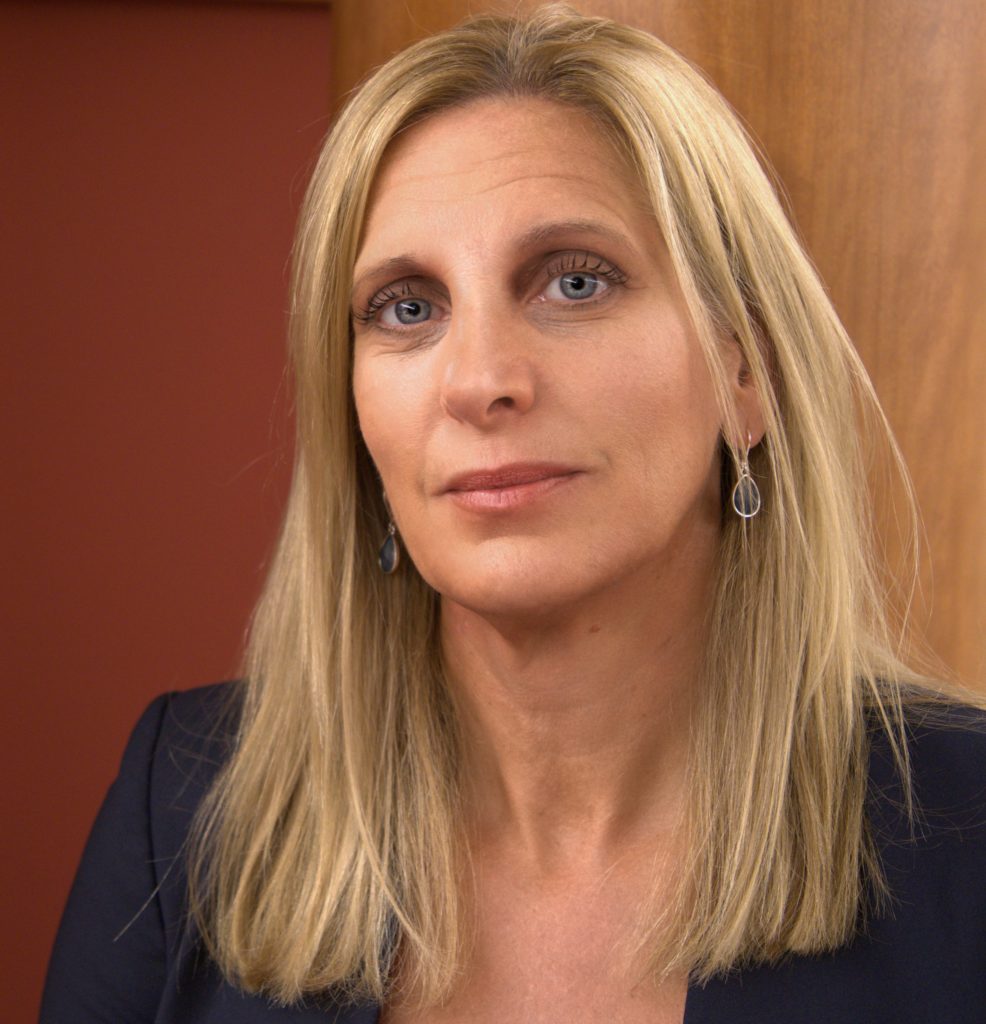
Robin Engel, PhD, Director, International Association of Chiefs of Police (IACP) / UC Center for Police Research & Policy
Robin S. Engel, PhD, is Professor of Criminal Justice at the University of Cincinnati (UC) and Director of the International Association of Chiefs of Police/UC Center for Police Research and Policy. She formerly served as UC’s vice president for safety and reform. Robin engages in policy research and evaluation, with expertise in empirical assessments of police behavior, police-community relations, and crime reduction strategies. She has served as principal investigator for over 80 research grants, totaling over $22 million. Additionally, she has published over 60 research articles, books, and chapters, along with dozens of technical reports for practitioners, and has been ranked among top academics, and the number one woman in the field of criminal justice/criminology based on publications in prestigious peer-reviewed journals. She currently serves as the co-chair of IACP’s Research Advisory Committee and as a consultant on police training for the Ohio Attorney General.

Jo Freedman, Program Manager, Portland Police Department
Jo Freedman was a co-responder with the Portland Maine Police Department. In September of 2021, she began working with the Westbrook Maine Police Department in a new mental health liaison co-responder position. Jo has her master’s degree in clinical counseling and has been passionate in her career about innovating law enforcement and behavioral health collaborative efforts.
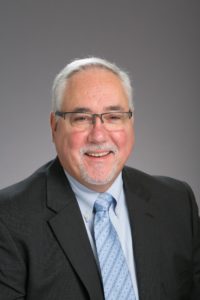
Domingo Herraiz, Director, International Association of Chiefs of Police (IACP)
Domingo Herraiz has more than 38 years of government and public safety experience in dealing with local, state, and federal policies. He currently serves as the director of Programs for IACP where he oversees the Association’s work in the areas of officer safety and wellness, law enforcement officer suicide, mental health, crisis response, children and youth, criminal justice system reform, information sharing, and technology, human trafficking, domestic violence and sexual assault, crime and victimization, community-police engagement, and traffic safety. Prior to joining IACP, he served as the vice president of North America Government Affairs for Motorola Solutions, where he was responsible for public policy and federal government relations in the United States and Canada. Before that, he served as the presidentially appointed, U.S. Senate-confirmed director of the Bureau of Justice Assistance (BJA) at the Department of Justice (DOJ) under President George W. Bush. Prior to his role as director of BJA, Herraiz served on Ohio Governor Bob Taft’s cabinet as the director of Criminal Justice Services. He also served as the executive director of the Ohio Crime Prevention Association.
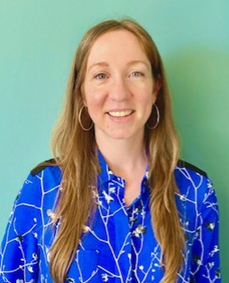
Kathleen Johnson-Silk, Director, Street Crisis Response Team, Street Based and Justice Involved Behavioral Health Services, San Francisco Department of Public Health
Kathleen Johnson-Silk, MA, LMFT, is the director of the Street Crisis Response Team at the San Francisco Department of Public Health, where she leads interdisciplinary teams of behavioral health clinicians, community paramedics, peer counselors, and case workers to provide rapid, trauma-informed response and follow-up care for people experiencing crisis to reduce law enforcement encounters and unnecessary emergency room use. Prior to that, she worked for nearly two decades serving the safety net and reentry communities, most recently as the managing director of behavioral health services with HealthRIGHT 360. Before becoming a clinician, she worked at the Ella Baker Center for Human Rights and civil rights law firms in San Francisco and Chicago serving people in prison and on parole. She has a BA in community studies from the University of California, Santa Cruz, and an MA in counseling psychology from the Wright Institute in Berkeley, California.
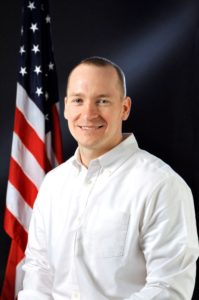
David Kinser, Program Manager, Rapid City Police Department
David Kinser is currently the research and development specialist at the Rapid City, South Dakota Police Department, administering grants and programming. He served in the United States Marine Corps from 2004 to 2012. Dave continued his service with federal law enforcement at the Department of State Bureau of Diplomatic Security until 2016. He holds a master’s degree in strategic planning from the University of Denver and a doctorate in business administration from North Central University.
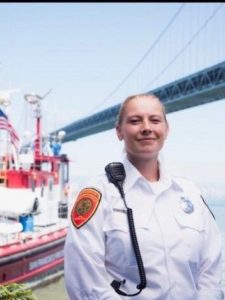
April Sloan, Captain, San Francisco Fire Department
April Sloan is the program manager for the San Francisco Fire Department’s (SFFD) Street Crisis Response Team. She has been a paramedic for 21 years and is the senior captain in the SFFD’s Community Paramedic (CP) Division. The CP Division focuses on meeting clients’ acute medical, behavioral, and social needs and connecting them to definitive care. She received her AS degree in paramedicine from New Hampshire Technical Institute.

